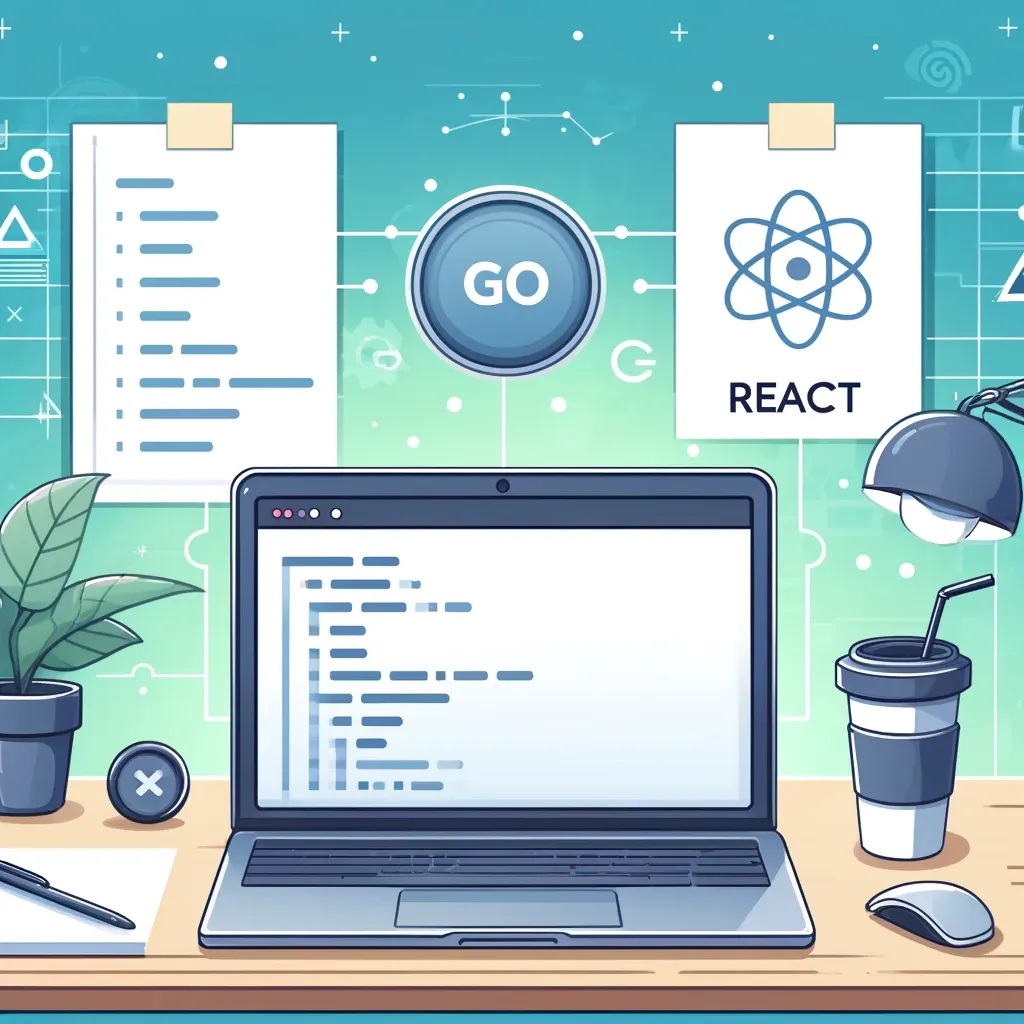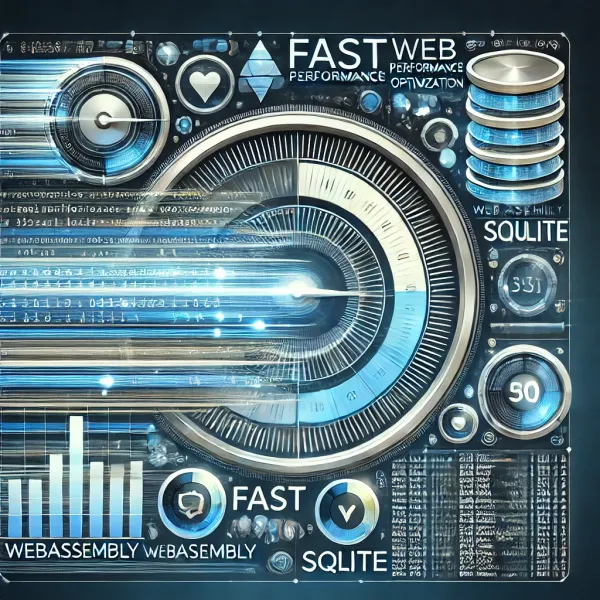Building a Todo List App Using Golang and React

Creating a full-stack Todo List app is a great project to enhance your web development skills. In this blog post, I'll guide you through the process of building a Todo List application using Golang for the backend and React for the frontend. We'll cover everything from planning and development to deployment.
Project Planning
Objective
The goal is to create a simple yet functional Todo List application where users can add, delete, and view their tasks.
Tech Stack
- Backend: Golang (Gin framework)
- Frontend: React
- Database: MySQL
- Deployment: Docker
Backend Development with Golang
Setting Up the Environment
First, install Golang and set up the Gin framework. Create a new project directory and initialize it with Go modules.
mkdir todo-appcd todo-app
go mod init todo-app
go get -u github.com/gin-gonic/gin
Creating the Server
Set up the main server file (main.go):
package mainimport ( "github.com/gin-gonic/gin"
)func main() {
router := gin.Default() router.GET("/todos", getTodos) router.POST("/todos", addTodo) router.DELETE("/todos/:id", deleteTodo) router.Run(":8080")
}
Implementing Handlers
Create handler functions for getting, adding, and deleting todos.
type Todo struct { ID int `json:"id"`
Title string `json:"title"`
}var todos = []Todo{ {ID: 1, Title: "Learn Golang"}, {ID: 2, Title: "Build a Todo App"},
}func getTodos(c *gin.Context) { c.JSON(200, todos)
}func addTodo(c *gin.Context) { var newTodo Todo if err := c.ShouldBindJSON(&newTodo); err != nil { c.JSON(400, gin.H{"error": err.Error()}) return
} todos = append(todos, newTodo) c.JSON(200, newTodo)
}func deleteTodo(c *gin.Context) { id := c.Param("id") // Logic to delete a todo by ID})
c.JSON(200, gin.H{"message": "Todo deleted"
}
Connecting to MySQL
Integrate MySQL to persist data.
import ( "database/sql"
_ "github.com/go-sql-driver/mysql"
)func setupDatabase() (*sql.DB, error) { db, err := sql.Open("mysql", "user:password@tcp(127.0.0.1:3306)/todoapp") if err != nil { return nil, err
} return db, nil
}
Frontend Development with React
Setting Up React
Use Create React App to set up the frontend.
npx create-react-app todo-frontendcd todo-frontend
npm start
Creating Components
Build components for displaying and managing todos.
// TodoList.js;
import React, { useState, useEffect } from 'react'function TodoList() { const [todos, setTodos] = useState([]); useEffect(() => { fetch('/todos') .then(response => response.json()) .then(data => setTodos(data));
}, []); return ( <div>
<h1>Todo List</h1>
<ul>
{todos.map(todo => ( <li key={todo.id}>{todo.title}</li>
))} </ul>
</div>
);
}export default TodoList;
Adding New Todos
Create a form to add new todos.
// AddTodo.js;
import React, { useState } from 'react'function AddTodo() { const [title, setTitle] = useState(''); const handleSubmit = (e) => { e.preventDefault(); fetch('/todos', { method: 'POST', headers: { 'Content-Type': 'application/json',
}, body: JSON.stringify({ title }),
}) .then(response => response.json()) .then(data => { // Handle new todo
});
}; return ( <form onSubmit={handleSubmit}> setTitle(e.target.value)}
<input
type="text"
value={title}
onChange={(e) =>
placeholder="New Todo"
/> <button type="submit">Add Todo</button>
</form>
);
}export default AddTodo;
Deployment
Using Docker
Create Dockerfiles for the backend and frontend.
Backend Dockerfile
# Dockerfile for Golang backend
FROM golang:1.18-alpine
WORKDIR /app
COPY . .
RUN go build -o main .
CMD ["./main"]
Frontend Dockerfile
# Dockerfile for React frontend
FROM node:16-alpine
WORKDIR /app
COPY . .
RUN npm install
RUN npm run build
EXPOSE 3000
CMD ["npm", "start"]
Docker Compose
Create a docker-compose.yml to manage both services.
version: '3'
services:
backend:
build: ./backend
ports:
- "8080:8080"
frontend:
build: ./frontend
ports:
- "3000:3000"
Conclusion
By following this guide, you will have a functional Todo List application using Golang and React. This project covers planning, development, and deployment, giving you a comprehensive overview of building a full-stack application. Happy coding!

